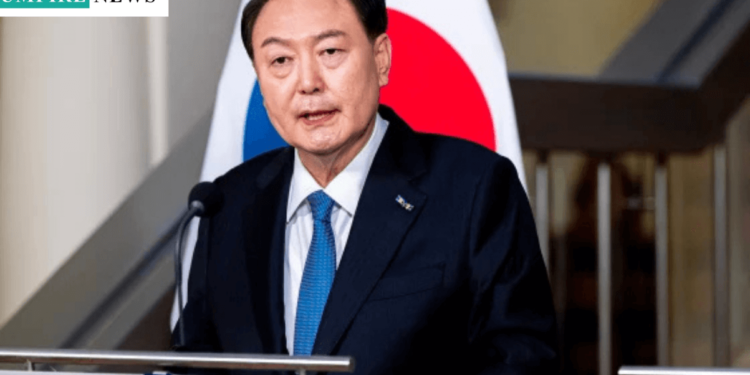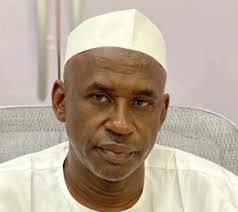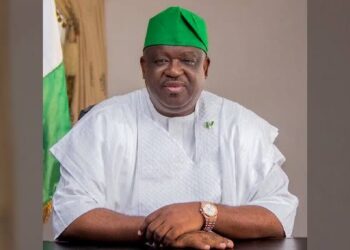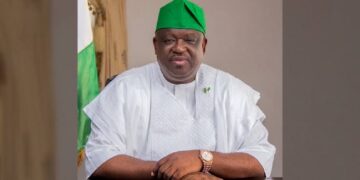South Korean President Yoon Suk Yeol faces a critical moment as lawmakers prepare for a second impeachment vote over his controversial martial law declaration. Opposition leader Lee Jae-myung urged lawmakers to prioritize the nation over party loyalty, warning that “history will remember” their actions. The impeachment vote, scheduled for Saturday evening, comes after an earlier attempt failed due to a ruling party boycott.
The Democratic Party, leading the push, has accused Yoon of “insurrectionary acts undermining the constitutional order” and seeks to hold him accountable for imposing martial law for the first time in four decades. While eight ruling party defections are needed for the motion to pass, seven have already pledged support, leaving the decision on a knife edge.
If the vote succeeds, Yoon will be suspended from office while the Constitutional Court deliberates. Prime Minister Han Duck-soo will assume interim leadership during the court’s review, which could take up to 180 days. This process would determine whether Yoon becomes the second impeached president in South Korean history or regains his position.
Public dissatisfaction with Yoon’s administration has grown, with his approval rating plummeting to 11 percent. Mass protests in Seoul have called for his resignation, with demonstrators accusing him of undermining democracy. Many citizens, from workers to teachers, have voiced their frustration over the political crisis.
Despite the mounting pressure, Yoon has remained defiant, accusing the opposition of aligning with communist adversaries. As the impeachment vote looms, South Korea’s vibrant democracy faces a pivotal test, with the outcome likely to shape the nation’s political landscape for years to come.




































